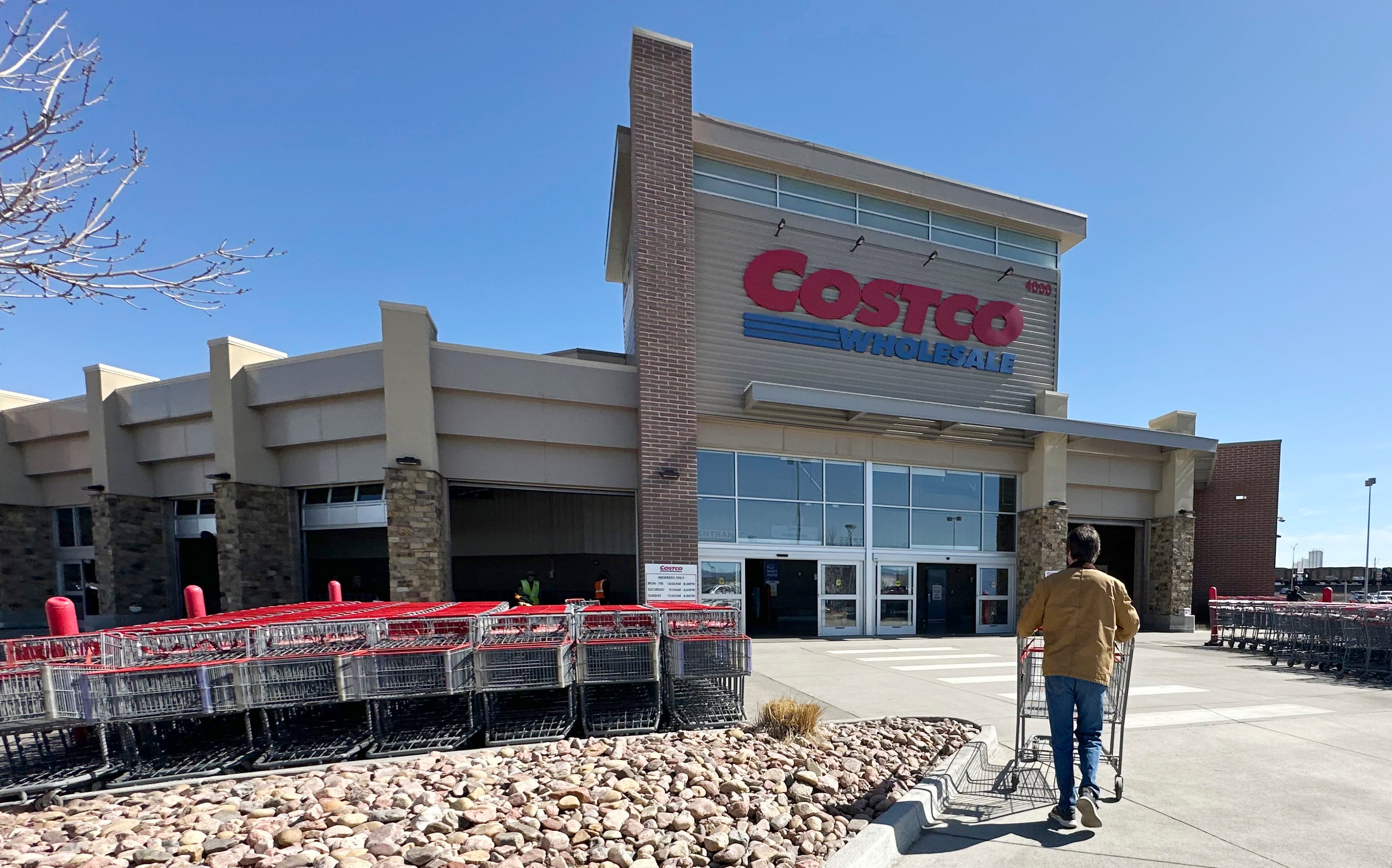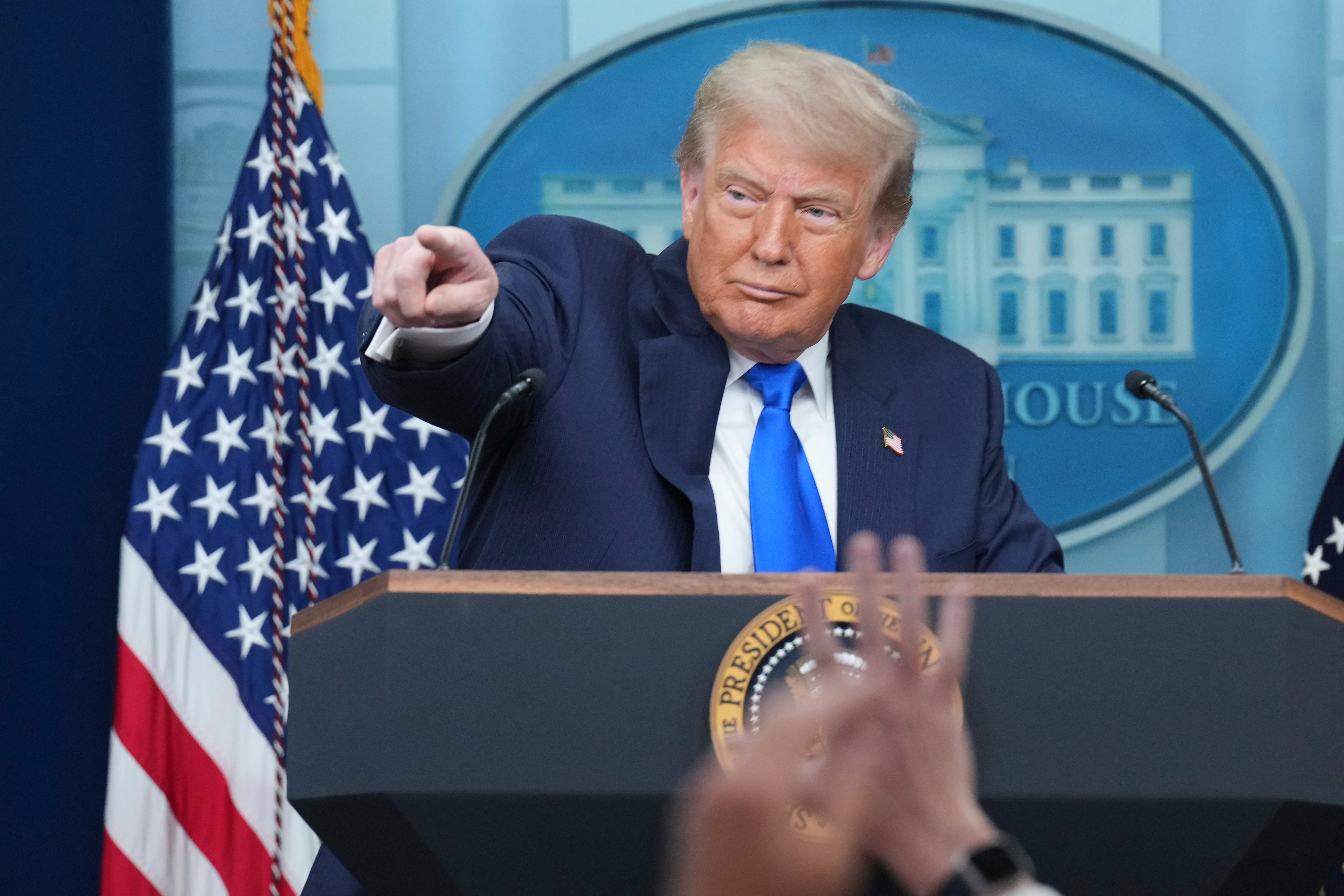*By Carlo Versano* Major indices ended in the red on Friday, despite a stellar employment report from the Department of Labor for the month of October. Last month, The U.S. economy added 250,000 new jobs, average earnings climbed 3 percent year-over-year, and the unemployment rate stayed at 3.7 percent, the lowest it's been since the Nixon administration. But the strong headline numbers make it more likely the Fed will continue raising interest rates, which will lead to more uncertainty ー especially in the housing sector. That sent stocks lower. Conflicted comments from the president's economic adviser, and then the president himself, about China and trade extended the losses later in the day. The Dow finished down triple digits. The Nasdaq shed a percent, with Apple ($AAPL) leading the decline. "How you interpret today's report depends on whether you're working in the market or trading based on it," Dr. Andrew Chamberlain, the chief economist at Glassdoor told Cheddar Friday. Chamberlain was particularly encouraged by the continuing wage growth, saying it's starting to look like "real gains, not a statistical blip." He said Glassdoor's internal metrics show that wages are particularly strong in major cities like New York, San Francisco, and Los Angeles. Still, as [outlined](https://www.bloomberg.com/news/articles/2018-11-02/millennial-men-leave-perplexing-hole-in-a-hot-u-s-labor-market) in Bloomberg Friday, there is a perplexing hole in all the positive economic news. A big chunk of millennial men aged 24-34 are still sitting on the sidelines of the job market, as the manufacturing jobs they once flocked to become more high-tech and require more specific technical skills. "People who live outside big metro areas and don't have college degrees are really struggling to find their way in this labor market," Chamberlain said. But he remains confident this will change, even as automation picks up. As companies become more efficient, they will seek to expand, and thus require more human capital, he said. "They'll create jobs in unexpected places." So how much lower can the unemployment rate go? With 157 million Americans now among the ranks of the employed, the number can only rise so much. "There's just not that much water to wring out of this labor market anymore," Chamberlain said. For full interview [click here](https://cheddar.com/videos/october-jobs-report-shows-250-000-new-jobs-3-7-unemployment-rate).












